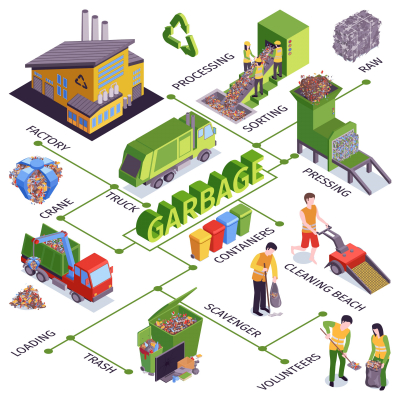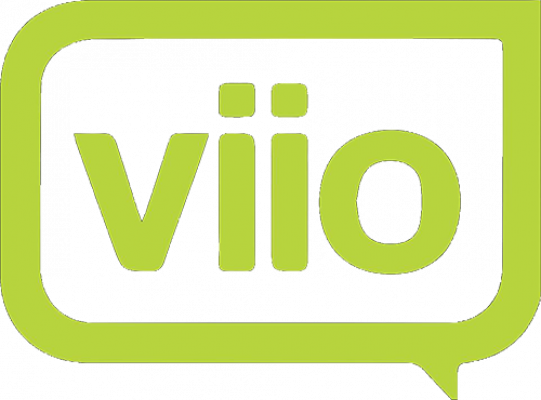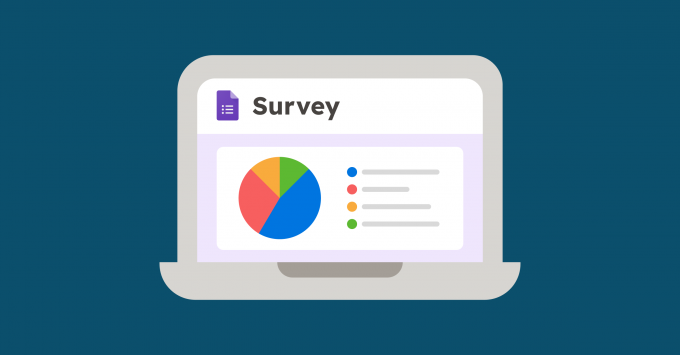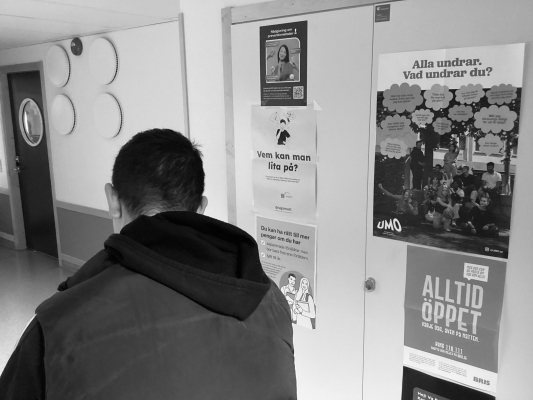Why turning the page suddenly feels like a necessity
By OCTAVIAN GOGA
Published 2024-09-17 11:11

In today's digital age, where information and entertainment are at our fingertips, the love of reading among teenagers appears to be dwindling. Many find reading tedious and unengaging, often viewing it as an obsolete pastime in the face of more dynamic alternatives such as social media, video games, and streaming services. This decline in reading interest among teenagers has prompted educators to impose mandatory reading assignments in schools, a strategy that, while well-intentioned, might be contributing to the problem rather than solving it.
Is there anyone actually at fault?
Schools have implemented mandatory reading programs, requiring students to read specific books as part of their curriculum. The idea is to expose students to classic literature and promote literacy skills. However, this well-meaning approach often backfires, fostering resentment and furthering the divide between teenagers and reading. When reading is enforced rather than encouraged, it becomes a necessity rather than a choice. Teenagers, known for their desire for autonomy and independence, often resist activities that feel imposed upon them. Mandatory reading can strip away the joy and freedom of exploring books on their own terms, turning a potentially pleasurable activity into a burdensome obligation.
A student at her school library candidly explained her views on reading during a study break. "Reading, assigned by school feels like a controlled act, a rush you meet a deadline, a job. It is no longer synonymous with my own happiness." she elaborated that this perception of reading as a chore rather than a leisure activity discourages not only her. but also many of her friends from picking up books outside of their required reading lists.
Adolescence is a time of significant psychological and emotional development. It’s a period when teenagers strive to establish their own identities, separate from their parents. This drive for independence often manifests as a rebellion against parental guidance, a natural part of growing up. Dr. Emily Carter, a developmental psychologist, explains, “Teenagers are wired to challenge authority and assert their autonomy. It’s a crucial part of their development process.” When parents suggest or insist on activities they believe are beneficial, such as reading, teenagers may resist not out of disinterest in reading itself but as a way to assert their independence. The more parents push, the more some teens may pull away, associating reading with parental control and thus rejecting it.
The content of mandatory reading lists often feels disconnected from their interests and experiences. Classics, while valuable, may not resonate with the modern teenager's life or challenges, making it difficult for them to engage with the material. Additionally, the pressure of academic performance can turn reading into a high-stakes task, where the focus shifts from enjoyment to assessment, further diminishing the appeal.
One of the most crucial things in reading is patience, reading needs to be patient. Teenagers have not learned yet to be patient, as patience needs to be taught or learned, so it can become a habit.
Integrating books into todays technology
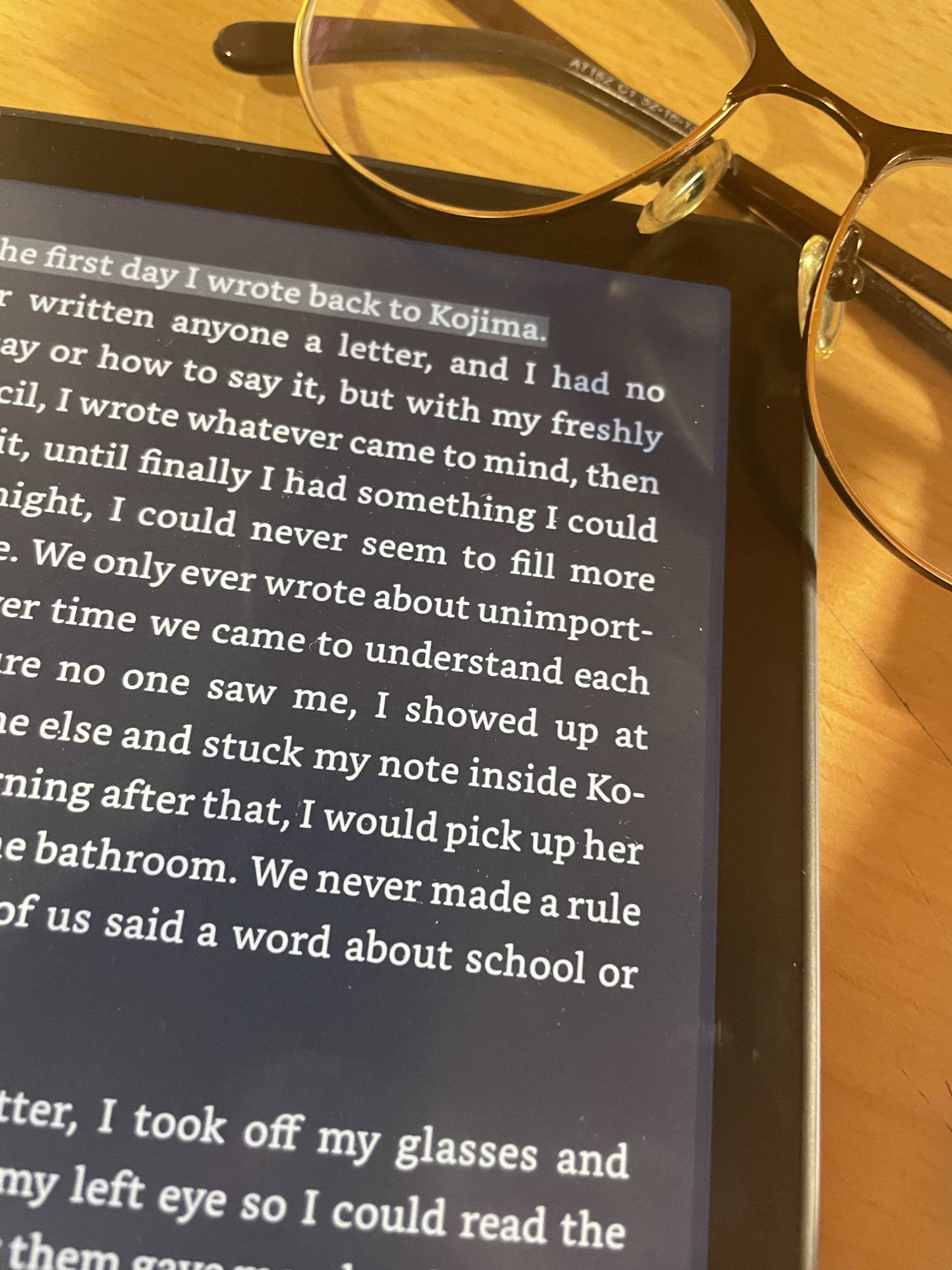 integrating books into nowadays technology. Image: Teodora Sari.
integrating books into nowadays technology. Image: Teodora Sari.
In our rapidly advancing digital age, integrating traditional books with modern technology offers exciting possibilities for enhancing reading experiences. E-books, in particular, have revolutionized how we access and engage with literature. Available on smartphones, tablets, and e-readers, e-books provide the convenience of carrying an entire library in one device. This accessibility encourages more frequent reading, as users can easily switch between titles and read on the go. Additionally, interactive features such as adjustable font sizes, built-in dictionaries, and note-taking capabilities make e-books more adaptable to individual preferences and learning styles. By embracing e-books and other digital reading platforms, we can bridge the gap between technology and literature, making reading more appealing and accessible to all, especially the tech-savvy younger generation.
In my opinion, it’s time for us to motivate a generation of readers who would rather pick up books because of their personal interest than due to the requirements. In the midst of one good book, the adventure they sought could eventually be found.
Writers
Photo
Research
|
16 Dec Pupil |
|
13 Dec Pupil |
|
13 Oct Pupil |
|
13 Oct Pupil |
|
30 Sep Pupil |
|
30 Sep Pupil |
|
25 Jun Pupil |
|
16 Jun Pupil |
|
10 Jun Pupil |
|
10 Jun Pupil |
|
06 Jun Pupil |
|
06 Jun Pupil |
|
06 Jun Pupil |
|
05 Jun Pupil |
|
31 May Pupil |
|
28 May Pupil |
|
28 May Pupil |
|
25 Apr Pupil |
|
25 Apr Pupil |
|
25 Apr Pupil |
|
25 Apr Pupil |
|
25 Apr Pupil |
|
25 Apr Pupil |
|
11 Apr Pupil |
|
08 Apr Pupil |
|
17 Feb Pupil |
|
17 Feb Pupil |
|
17 Feb Pupil |
|
17 Feb Pupil |
|
31 Jan Pupil |
|
19 Feb Pupil |
|
16 Dec Pupil |
|
13 Dec Pupil |
|
13 Oct Pupil |
|
13 Oct Pupil |
|
31 May Pupil |
|
28 May Pupil |
|
28 May Pupil |
|
25 Apr Pupil |
|
25 Apr Pupil |
|
25 Apr Pupil |
|
25 Apr Pupil |
|
25 Apr Pupil |








